Borderline
Returning from my grandmother’s funeral, I landed in Paris, exhausted and emotional. I’d been asleep for most of the flight from Seoul, a necessary shutdown after days of little rest. The adrenaline had worn off, and my body was ready to crash.
At border control in Charles de Gaulle, most of the passengers were Korean. A few people ahead of me, I overheard the passport controller speak to a Korean man.
“How do you pronounce your name?” he asked.
The man answered. The controller laughed, smirked at his colleague, and asked him to repeat it. He did. The officer laughed again and asked him to say it once more. Then again. And again. By the fourth or fifth time, the man was visibly uneasy. Finally, he asked, “Why are you making me repeat my name so much?” The controller mocked the pronunciation one last time, smirk still on his face, before tossing the passport back at him.
The same humiliating routine happened to the next two men in line. By the third, my fists were clenched.
When it was my turn, I gave the controller a piercing stare, a silent challenge: Now, try that with me. For a split second, I could see he was startled by my reaction. He glanced at my passport, asked for my name. I told him once, coldly, my eyes locked on his. He hesitated, then let me go.
Walking away, my heart was pounding with anger. I couldn’t just leave it there. I found an airport desk and said, “I’d like to report an incident.” A few minutes later, five officials arrived and listened as I explained what had happened. They were polite, but their response felt dismissive. One of them said the controllers were under stress and promised to “bring it up during training.” She asked for my understanding and advised me to file a formal complaint, which I did.
Weeks later, I received an apology letter—accompanied by a Charles de Gaulle airport key chain. As if a trinket could erase humiliation.
Under the Radar
As an Asian woman living in Europe, I’ve come to recognize a quiet, pervasive prejudice that often flies under the radar. For many years, I didn’t think about it much. Apart from rare moments, I never felt like a direct target. But becoming a parent sharpened my awareness.
We like to believe children are innocent, untouched by the world’s divisions. Yet I’ve seen the opposite: children can be mirrors of the harsh realities around them. Their unfiltered words often reveal what they’ve absorbed at home, in schoolyards, or on the street.
I’ve heard the casual abuses exchanged in and out of locker rooms, brushed off as “just part of the game.” The unspoken rule is that unless it becomes physical, it doesn’t matter. But this is where the damage begins. The things we dismiss as minor—a slur, an exclusion, a joke—can be a constant psychological assault. The weight of tolerated prejudice, small, persistent, and often ignored, can quietly crush promise and confidence when left unchecked.
The urge to find an “other” and assert superiority seems deeply human. In my own culture, as in many others, there is a tendency to look down on those considered different. When times are good, these impulses fade into the background. But when life gets difficult, scapegoats are sought and the first differences people seize on are physical.
And often prejudice isn’t about superiority at all. It’s simply ignorance. But the harm it causes is the same. And this is where we can do something: we can guide our children to be better.
A coach once told me, “Real character is what you do when you think no one is watching.” He meant it for my son, but it stayed with me. It made me turn the question on myself. What do I do when no one is watching? What do we all do—not because of laws, rules, or public opinion, but simply because it’s right?
I doubt we will ever live in a world without prejudice. But I do believe we can choose whether to let it pass quietly or confront it when we see it. I couldn’t shield my son from moments of prejudice he sometimes faced. But if there’s one thing I’ve learned, it’s that silence only strengthens the problem. Kids don’t need platitudes; they need adults who intervene and insist that dignity is non-negotiable. The world our children inherit will be shaped as much by what we tolerate as by what we teach.

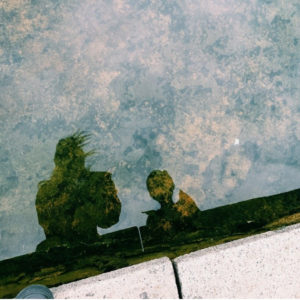



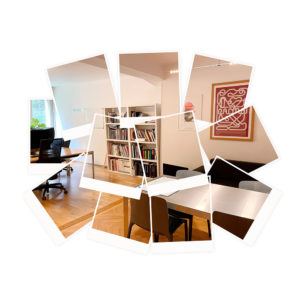

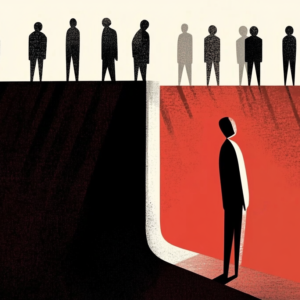


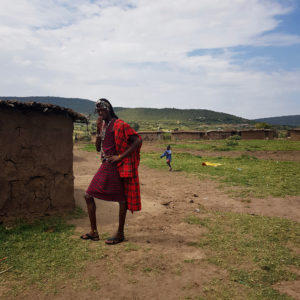

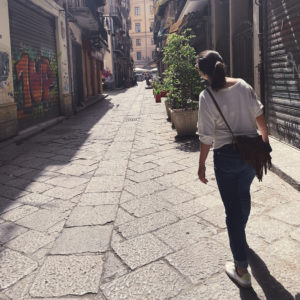
0 Comments